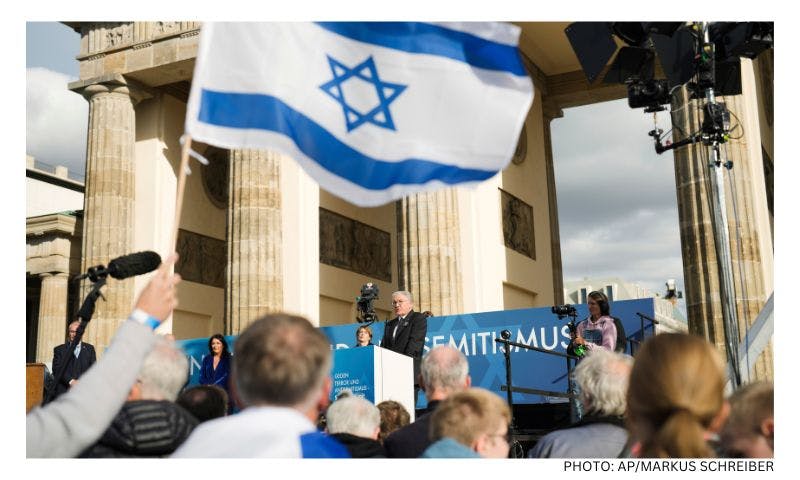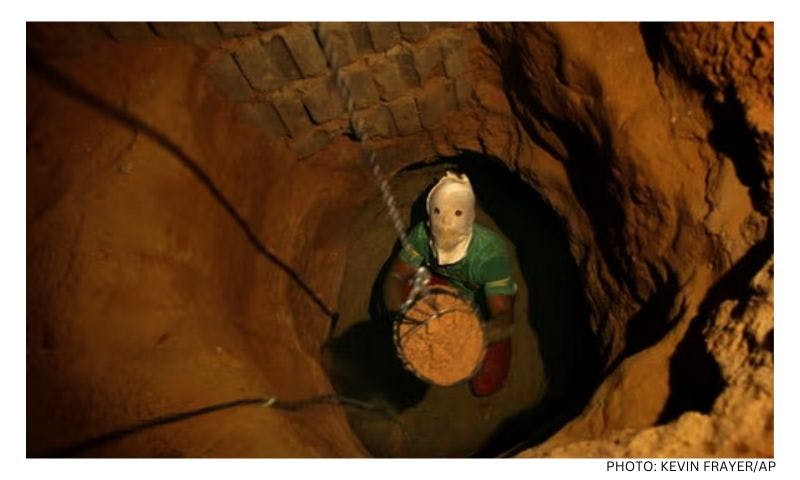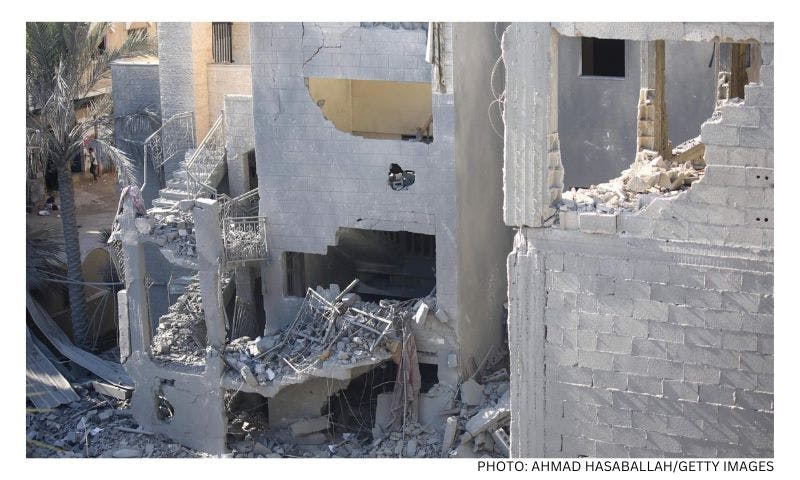Published: 27 February 2016
Last updated: 4 March 2024
PLO Chairman and Palestinian Authority (PA) President, Mahmoud Abbas, issued a presidential directive creating the committee on December 4, 2012 after the PLO received non-member observer state status at the United Nations and appointed Mohammed Al-Madani, a member of the Fatah Central Committee and former Governor of Bethlehem, as its chairman. Al-Madani grew up in Daburiyya, a village in northern Israel, and attended Israeli public schools in Afula before leaving Israel to join the Palestinian ‘resistance’. He told The Jewish Independent in an interview in his Ramallah office that past peace efforts have failed and the 2015 Israeli elections did not result in a pro-peace government. He said: “Thus President Mahmoud Abbas and the Palestinian leadership created the committee to speak directly to Israeli society and send a message that we, [the Palestinians], want to coexist and share this land in accordance with international decisions.”
Initially the committee faced some difficulties, working with a small budget and holding few meetings. Shlomi Eldar, a columnist for Al-Monitor, criticised the committee in a June 2013 column, arguing the “interaction committee” had failed to interact with Israeli society in its first six months. However, the committee now holds meetings with Israelis weekly, has visited the Knesset, and recently launched a media campaign.
The committee has met with all stripes of Israeli society. Al-Madani said that it has met with parties from government and opposition including Likud, Kulanu, Shas, Meretz, Labor, and even the national religious party, the Jewish Home. The committee chairman insisted that they will meet with anyone who could accept a two-state solution: “We consider anyone who accepts the two state solution and the eternal end of the conflict a partner, even if that is Bennett or Liberman.”
The committee has organised meetings with members of Israeli civil society including students, academics, reservist soldiers, economists, journalists, rabbis, and members of women’s groups. These meetings have taken place in small and large settings and many of them have included President Mahmoud Abbas. Members of the committee said that it plans to host further meetings this coming year with other sectors of Israeli society.
Members of the committee said that the interaction committee aims to explain the Palestinian position on final status issues embodied by the Arab Peace Initiative (API). The API, a Saudi initiative officially adopted by the Arab League in 2002 and reaffirmed in 2007, outlines a framework for peace, in which relations between Israel and the Arab and Islamic worlds would improve. An official committee document shared with The Jewish Independent states, “The Arab Peace Initiative has offered Israel the chance to establish normal relations and diplomatic ties with 57 Arab and Muslim countries.”
For their part, Israeli officials have raised legitimate concerns about the initiative concerning borders and refugees, but have not formally responded or presented any counteroffer.
The committee also recently launched a PLO Facebook page in Hebrew. The page has garnered over 2,780 Likes and features status updates in fluent Hebrew, articles from the Israeli press, and videos. Many of the posts express support for the two state solution and one post even says, “Without two states, what will there be?” Other posts criticise settlements and argue that Israeli Prime Minister Benjamin Netanyahu does not genuinely believe in the two state solution.
Many Israelis have made comments on the page, some arguing that the PLO and Israel should revive the peace process, while others have remarked that the Palestinians have no interest in peace. Ashraf Al-Ajrami, a member of the interaction committee and a former PA minister of prisoner affairs, said the Facebook page is part of a media campaign that the committee launched late last year. He believes the page has been quite successful thus far, but that the committee needs to expand its media campaign. He told Plus61: ”The page has gained many followers, but we need to develop our media campaign further to reach broader swathes of Israeli society.”
Palestinian civil society has had mixed reactions to the interaction committee. Some NGOs interested in working with Israelis, such as the Parents Circle Families Forum, have praised the committee’s work and say that they have stayed in close contact with it. Mazen Faraj, Palestinian director of the Parents Circle, told The Jewish Independent: “The committee is an official body and works with different tools than us. But it has the same vision of ending the occupation and achieving peace as the Parents Circle. Honestly, I am very satisfied with the committee and we update each other all the time.”
Seeds of Peace, an apolitical coexistence organisation, struck a slightly different tone. It’s director of Middle East programs, who preferred not to reveal his name, told The Jewish Independent that the PA started regulating cross border interaction between Israelis and Palestinians after the Second Intifada in 2005, which undermined much of its programming. Moreover, he said his organisation still has not met with the interaction committee, but plans to meet with Al-Madani and members of the committee soon at a Seeds of Peace gathering in Jericho. He said, “I am hopeful that our relationship with the PLO and the committee will improve after this meeting.” The Seeds of Peace director believes that PLO support could translate to increased legitimacy on the Palestinian street.
However, other NGOs and many Palestinian pundits argue the committee’s work amounts to normalisation and does not advance the Palestinian cause. A Wattan News Agency report about the committee from June 2014 featured a number of interviews with Palestinian researchers and NGO leaders. One of the researchers harshly criticised the committee. He said, “[The committee] is carrying out a psychological war against the Palestinian people. The Palestinian street already knows from past experience that these meetings provide no benefit.”
Despite strong criticisms, Al-Madani has adamantly defended the committee’s work. He told The Jewish Independent, “We are meeting with Israelis to dispel fear and achieve our shared interests. Candidly, one who politicises this work in that way lacks a national vision.”
Leading Israelis believe that the committee is undertaking important work but question its efficacy in light of the broader Palestinian political context. Gershon Baskin, who negotiated the release of Gilad Shalit and remains in close touch with senior Israeli and Palestinian officials, told The Jewish Independent, “The committee has not been effective in addressing the Israeli public because of the battle for succession within Fatah.” Baskin believes some senior Palestinian officials have recently taken a harder line on the peace process to improve their chances of replacing President Abbas. Furthermore, he made clear that the committee and the wider Palestinian discourse must complement each other for the former to make inroads in Israeli society.
Israelis and Palestinians are unlikely to renew peace talks in the coming months, but the PLO interaction committee plans to continue to meet Israelis and promote their peace platform in the Israeli press. Al-Madani said that he has no choice but to continue this work because “no one can cancel the other.”
Adam Rasgon is an independent journalist based in the Middle East
This The Jewish Independent article may be republished if acknowledged thus: “This article first appeared on www.thejewishindependent.com.au and is reprinted with permission."




Comments
No comments on this article yet. Be the first to add your thoughts.